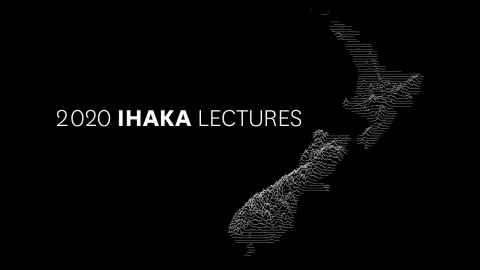Role of statistics and computing in public and social policy
27 February 2020
While corporations are collecting and mining huge amounts of data in order to make better consumers of us all, public organisations are also collecting vast quantities of data for administrative and policy purposes.

This year’s Ihaka Lecture Series brings together three experts to discuss the challenges and rewards of applying data science to societal issues.
The first lecture is titled ‘The triumph of the quants?’ and is given by Professor Simon Jackman, Chief Executive of the United States Study Center which is based at the University of Sydney and which is dedicated to the analysis of American foreign policy, economics, politics and culture.
Professor Jackman will look at predictive models of election outcomes – mainly published opinion polls – which have attracted considerable publicity but have had mixed success across elections in the US, the UK and Australia.
The following week, Jennifer Hill from New York University, will deliver a lecture titled ‘Machine learning for causal inference: Magic elixir or fool’s gold?’. A Professor of Applied Statistics and co-director of the PRIISM Applied Statistics Center and the A3SR MS programme in Applied Statistics at NYU, Professor Hill has published widely on methods that help us answer the causal questions that are vital to policy research and scientific development.
The final lecture looks at implementing a machine learning tool to support high-stakes decisions in child welfare and discusses a case study in human-centered artificial intelligence. This lecture is from Professor Rhema Vaithianathan at the Centre for Social Data Analytics at AUT University.
It will look at what we can learn about applying data analytics in a trusted way and covers key concepts such as consent, transparency, fairness and community voice and how these can contribute to project success or failure. Professor Vaithianathan is internationally recognised for her implementation of machine learning tools in high stakes government systems such as child welfare.
This lecture series is named after Associate Professor Ross Ihaka who, along with Robert Gentleman, co-created R – a statistical programming language now used by a majority of statisticians around the world.
Media contact
Anne Beston | Media adviser
DDI 09 923 3258
Mob 021 970 089
Email a.beston@auckland.ac.nz